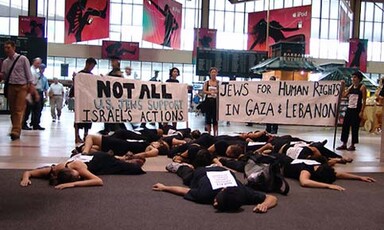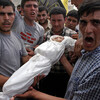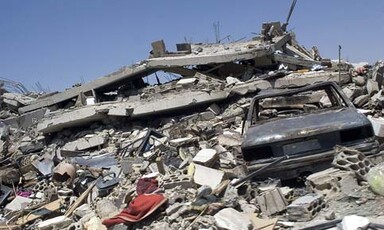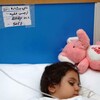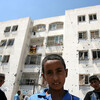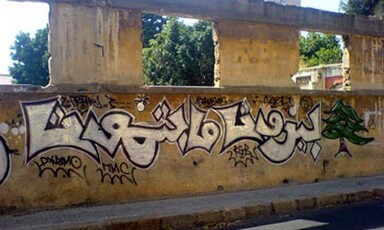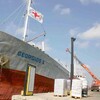
Limited safe passage hampers aid agencies
3 August 2006
Despite being granted safe passage by Israel for some of their humanitarian convoys, relief agencies say limited security clearances, bombed access routes and intensified fighting between Hezbollah militants and the Israeli Defense Forces (IDF) are hampering their aid efforts. The current conflict between Israel and Hezbollah began on 12 July after Hezbollah captured two IDF soldiers. Israel says its aerial bombardment of parts of Lebanon is aimed at dismantling Hezbollah’s “terror infrastructure”. Hezbollah has responded by firing thousands of rockets into northern Israel and has demanded the release of hundreds of Lebanese from Israeli jails and Israel’s withdrawal from all Lebanese territory. Read more about Limited safe passage hampers aid agencies
